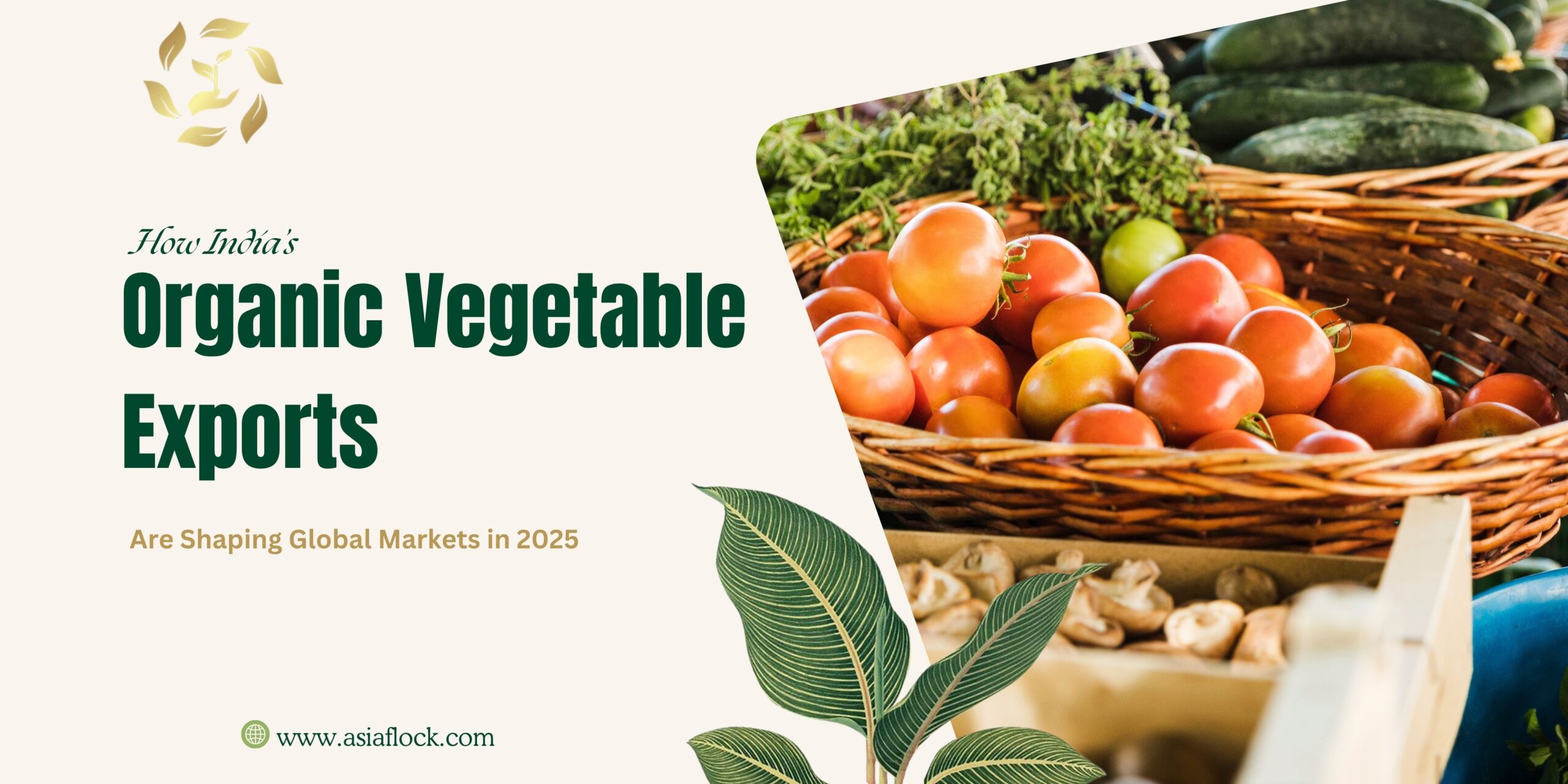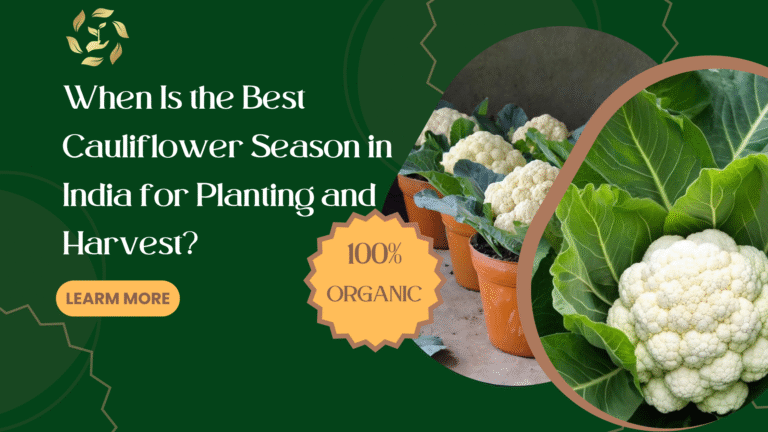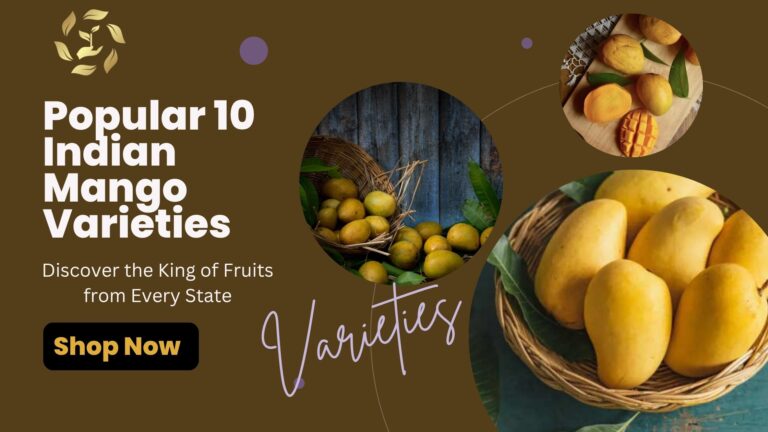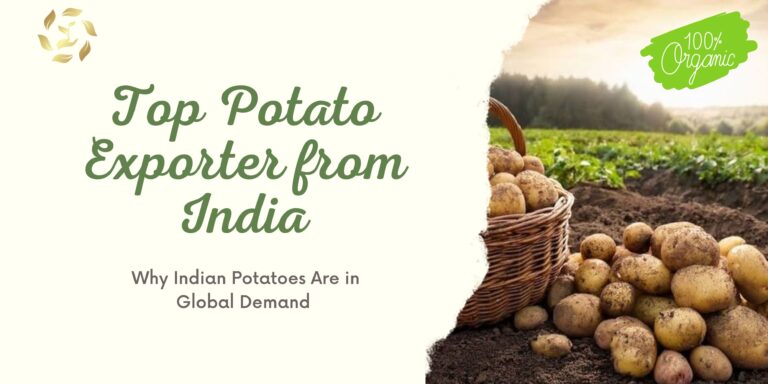Asiaflock Enterprises

How India’s exports of organic vegetables will affect world markets in 2025
Organic has moved from fad to fixture, and in 2025 the focus is on India’s organic vegetable exports.
India is now the first place purchasers go to find clean, sustainably grown vegetables because it has a long history of farming and a variety of climates. Whether it’s salad tomatoes or purple turmeric roots, our growers are feeding the subcontinent and delivering fresh harvests straight to dinner plates in Europe, the Middle East, and beyond.
How is India rewriting the spreadsheet on global food trade? Here’s the quick picture.
Table of Contents
ToggleExpanding global demand
From Berlin to Dubai, consumers are checking labels more closely and insisting on organic. This rising appetite means producers are busy.
What’s working for India?
Always growing vegetable harvests in established organic farming zones.
Streamlined, government-backed certification through the National Programme for Organic Production.
Affordable, skilled labour paired with rainfed growing techniques that keep costs lean and ecofriendly.
Extra Consideration: If you’re curious about a healthier kitchen, India’s organic label now carries the confidence of seasoned global buyers.
From Soil to Shelf: What’s Being Exported?
Category | Top Exports |
Organic Vegetables | Okra, tomato, brinjal, cucumber |
Organic Fruits | Mangoes, bananas, papayas |
Agro Products | Turmeric, ginger, and more |
Growing Media | Cocopeat 5kg blocks |
Did you know?
Here’s a sneak peek into India’s 2025 export highlights
India’s organic produce basket hit a staggering $1.2 billion in export sales for FY202324.
1. India’s Winning Touch in the Global Organic Scene
Why is India the goto source for organic produce lately?
Weather and biodiversity let us farm year round.
Massive scale in fruit and vegetable production.
Prices stay competitive, yet quality stays high.
Export gateways in Maharashtra, Karnataka, Tamil Nadu, and Andhra Pradesh.
For exporters of fruits and veggies, the moment to go global is now.
Keen on organic? Check your local store for Indian labels—they arrive bright, clean, and with full traceability.
2. Cocopeat: India’s Quiet Hero in EcoFriendly Exports
If you love gardening or run a greenhouse, you probably value Cocopeat’s magic for moisture retention and aeration.
And here’s the latest: India has become the Largest Exporter of 5kg Cocopeat blocks!
Cocopeat, derived from coconut husks, is the ultimate ecosoil: it holds water, fuels root growth, and lightens transport loads. Growers in the U.S., Canada, the UAE, and Australia can’t get enough.
It goes well beyond vegetables; India is now the goto source for sustainable, lightweight growing media from seedling nurseries to commercial greenhouses.
3. Export of Agricultural Products: Putting Quality First
In 2025, India is stepping up its agriexport game. The new playbook emphasises:
Farmers growing without chemical residues.
Farmers growing without chemical residues.
End to end blockchain proof of origin.
Global labels like USDA Organic, EU Organic, and Japanese JAS.
Marketplaces like AsiaFlock let overseas buyers chat directly with certified farms. Want to load up on premium organic Indian harvests? Use AsiaFlock to lock in your bulk orders.
Final Thoughts
India’s rise in organic vegetable exports isn’t a spreadsheet miracle; it’s a commitment to planet, people, and principle. Whether you’re a mindful eater or a bulk buyer, Indian farms are rewriting the standards for fresh, trustworthy, planet friendly produce.
The future of food is organic. India has already booked its ticket.
Frequently Asked Questions
Q1. What organic vegetables does India lead in exporting for the year 2025?
India will continue to export large quantities of organic tomatoes, okra, cucumbers, green chillies, and eggplants.
Q2. Can I count on India for organic produce?
Absolutely. Global certification bodies, combined with strong policy support, have elevated India to the ranks of the world’s five largest organic produce exporters.
Q3.What is Cocopeat and why is everyone using it?
Cocopeat comes from processed coconut husk. It’s ecofriendly, holds water exceptionally well, and works wonders in both backyard and commercial gardens.
Q4. Which bodies oversee organic exports from India?
The Agricultural and Processed Food Products Export Development Authority (APEDA) and the National Programme for Organic Production (NPOP) are the main agencies for regulation and certification.
Q5. How do I locate certified exporters in India?
Check out AsiaFlock, an online marketplace that links international buyers directly with certified Indian exporters of vegetables, fruits, and other agro products.



